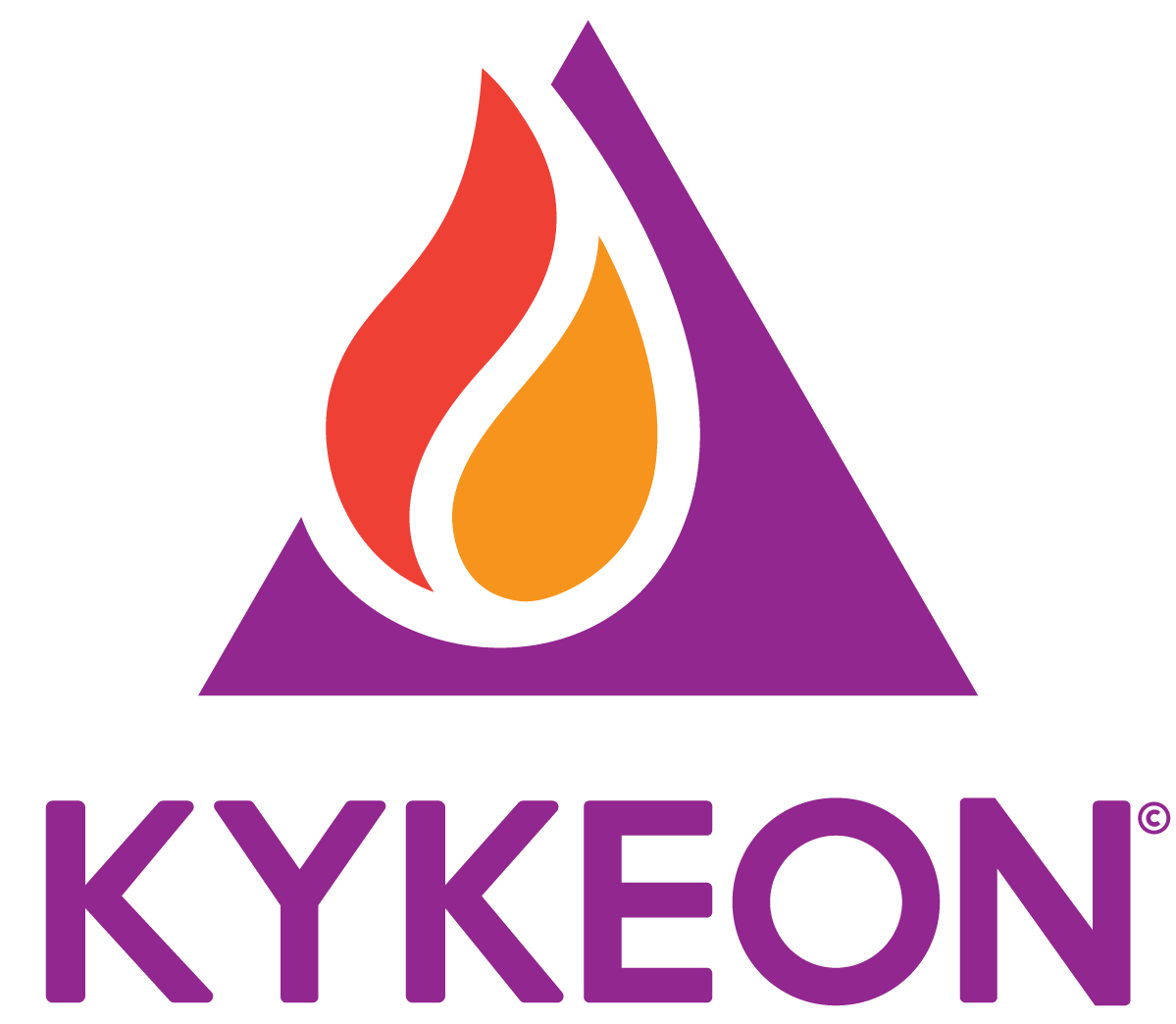The way that I have been able to relate and apply this information means a lot to me because I have a newfound respect for the people that have held me accountable in my life. The brave people that made me into an honest man. That have, essentially, been my mirror.
As we know, there are a lot of ways that we can interact with other people in a way that can make profound differences in their lives. And oftentimes, that works both ways in mentorship. I will start by briefly explaining how we function at a very basic level without going into scrutinous detail. Simply put, people’s minds are like the layers of an onion and we have to help each other break through to that vulnerability to be creative and motivate progressive change.
From Socrates to stand-up comedy, mankind benefits and enjoys stripping those layers away and playing around a bit, cutting through them. Challenging structures of thoughts and beliefs.
I want to talk about a revolutionary scientist that changed the way we have studied and interpreted the brain and human behavior. Neuroscientist, Paul D. Maclean. In the 1950’s and 60’s, he split our great onion-like brains into three main layers:
- The Reptilian Brain/ Primal Brain
- The Paleomammalian Brain/ Emotional Brain
- The Mammalian Brain/ Rational Brain
Let’s go over why this random academia is applicable.
When we are asked a hard question? Our primal thought level will deflect or shoot off a quick answer. The emotional brain will interact with it and may show in your body language. And rational thought may try to guess at a best answer for the person to which you are speaking.
Any answers is a combination of the lateral thought through ALL of these layers and sublayers, so I ask you, how do we know we are getting the truth? How do we judge vulnerability?
We don’t. We can’t.
Unfortunately in a world of nuclear and quantum level technology we still can’t exactly read a person’s unconscious thought in a way that we can understand practically. But, thanks to our friend Socrates, we know how to ask questions ad nauseum. We can merely create environments and conversations where that relationship can thrive.
So what does an effective version of that look like?
This may seem unrelated, but upon looking in a mirror, what do you see?
Mirrors tell you every pimple, scar, out of place hair, wrinkle, or reluctant roll of fat. And, what more? It doesn’t care how you feel about it. Many of us aren’t confrontational people, but I challenge you– Be more like a mirror for the people you interact with. It will help you break through those layers and interact in a way that is honest and real.
So, how do we know we are getting the truth? We have to keep people talking and thinking and out of their old patterns of thought. Challenging them to take that step into emotional or well-contemplated discoveries. By being relentlessly reflective. Being their mirror.
Here is an example of a mentor/ mentee conversation:
Mentor: What is on your mind?
Mentee: I suck at managing time.
Mentor: Anything in particular that is stressing you?
Mentee: I just suck at managing time!
Mentor: Oh, you’re fine. How do you spend your time?
Mentee: I am always busy, I just can’t figure out how to stay motivated and I get distracted.
Mentor: You’ll be okay. Don’t worry, I’ll help.
Here is alternative conversation:
Mentor: What is on your mind?
Mentee: I suck at managing time.
Mentor: Yeah you probably do suck at managing time.
Mentee: How do I get better?
Mentor: How do you get better?
Mentee: I could buy a planner…?
Mentor: You should buy a planner! That is a great idea.
Mentee: I always use those things for a month and then forget about it.
Mentor: So you expect to quit on yourself? You’re a quitter now?
Mentee: Well… no.
Mentor: So let’s get started!
Both are conversations I have been apart of (I was the mentee). But can you tell the difference? There are key small, yet crucial differences.
First conversation stagnates at the end with plain sympathy. It is nice and reassuring, but if the goal is progress, none was made. The second, however, moves towards action. Sympathy is a remarkable skill, but action is what’s needed to change a bad situation into good. The first conversation allows each person to be comfortable in shallow communication. The second however forces the mentee to open up, and peel some layers back while staying affirmed. “You probably do suck” and “You’re a quitter now?” are aptly paired with “Great idea” and “Let’s get started!” Challenging the mentee’s thought and ego while affirming hope, specifically hope that good things are to come.
Like a sommelier pairs wines skillfully with someone’s steak at a restaurant, a mentor combines sympathy with very accountable questioning and tough loving critique.
A lot of us answer questions in a way that avoids being real. We expect others to coddle us and tell us everything is going to be okay, even when it isn’t. We tell people “it’s okay” or “you’re fine” or “you’ll figure it out” when it isn’t the case.
We can celebrate success without downplaying failure.
As mentors, we have to reflectively listen to the people we care about. Being positive and supportive is a good thing. But being real is more important. Being real helps us interact vulnerably, peeling away those layers, and creating complex positive thoughts.
Be as accountable to your people as a mirror is for you.



